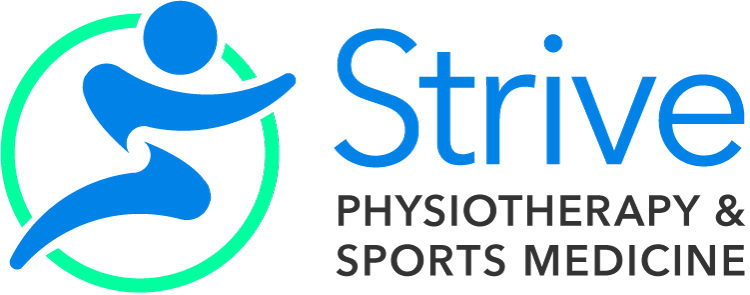Triangular Fibrocartilage Complex (TFCC)
The TFCC is a structure in the wrist that helps to support, stabilize, and cushion the wrist. The structure is made up of ligaments, tendons, and cartilage. The TFCC connects the bones in your forearm together and to the bones in your wrist. The TFCC assists in allowing you to rotate your wrist and grip objects more tightly.
What is a TFCC tear and how can it occur?
A TFCC tear is a result of damage or injury to this small complex structure. The common causes for a TFCC tear can be the result of a direct injury to the complex or gradual degeneration of the structure. A sudden impact to the structure such as a fall directly on the wrist or hand can cause a tear in the TFCC. Over twisting and constant repetitive motions at the wrist can also cause a TFCC tear. As we age, the TFFC becomes more suspectable to tears as it wears down over time.
Signs and symptoms of a TFCC tear
In some cases, the TFCC tear may not cause any pain (more likely in degenerative tears). However, in some cases, when the tear is a result of a direct injury to the area, pain can be felt on the outside of the wrist (near the pinky finger). Other common symptoms of a TFCC tear include: 1) clicking and/or popping when rotating the wrist, 2) difficulties with twisting the wrist, 3) wrist weakness and 4) decreased ability to grip tightly.
How can Physiotherapy help with a TFCC tear?
Depending on the extent of the injury, your Strive Physiotherapist will help to reduce pain and help you regain the strength and appropriate movement back. We strive to help you return to the activities you enjoy most. Your Strive Physiotherapist will use a variety of different approaches to best address your individual needs. In the beginning, we may suggest a brace (WristWidget®) to help keep your forearm and wrist stable as you allow your TFCC to heal. We may use hands on treatment to help restore range of motion and to help with pain. We will also provide you with an individualized exercise program aimed at restoring mobility, strength, and proper control in the wrist and forearm.
When can I return to sport or work after a TFCC tear?
When we sustain an injury, returning to sport or work is usually one of our main rehabilitation goals. Your Strive physiotherapist can help to support you in achieving this goal and can help to facilitate the transition back to sport or work. To provide you with some guidance on when it is best to return to these activities, outlined below is criteria that can be followed.
It’s important to note that TFCC tears that do not require surgery can take up to 12 weeks to fully heal. However, a gradual return to work and sport can start during this time if improvements in pain, mobility, and load tolerance are seen. To return to sport or work you need weight bearing tolerance. This can be with or without the support of a wrist brace. It is recommended that you have at least 60lbs of weight bearing tolerance with a brace to return to sport or work at a gradual pace. Of course, this is greatly dependant on the demands of your sport and work as some sports/activities place more demand on the wrist. In most circumstances, a gradual return to sport and work is recommend, allowing you to continuously monitor any changes in your wrist’s pain levels, mobility, and tolerance to your activities. If you are concerned or have questions on when to return to your activities, it is best to consult a healthcare professional such as a physiotherapist.

Nicole Cesca
BSc (Honours) in Biochemistry, MScPT, PhD student
Registered Physiotherapist
As a past competitive hockey and soccer athlete as well as a varsity golfer, Nicole developed a keen interest in the biomechanics of the body and how certain exercises can be used to facilitate the body’s healing process. Nicole is devoted to helping others improve their quality of life and being able to function as the healthiest version of themselves. Nicole’s love for golf has led her to continue advancing her knowledge of connection between the body and golf swing. She plans to complete her Titleist Performance Institute (TPI) certification and is passionate about assessing golfers for specific movement patterns and assisting her patients in returning to the course.


